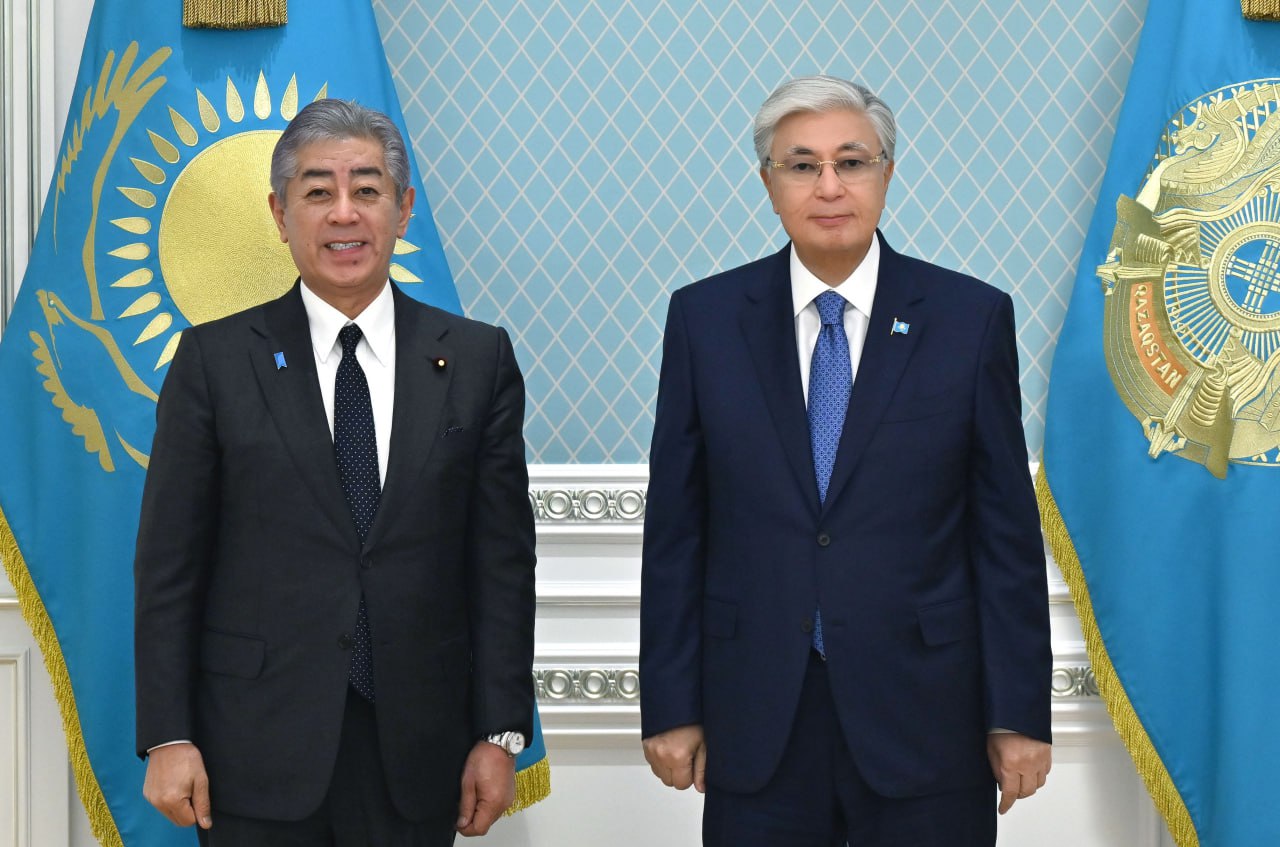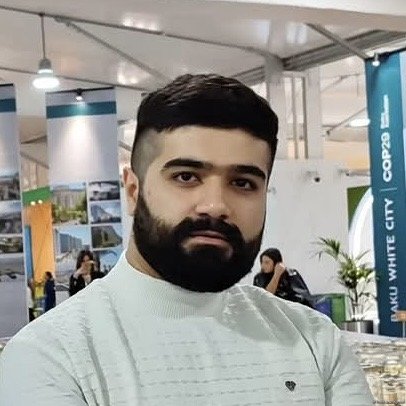BAKU, Azerbaijan, August 25. The official visit of Japan’s Foreign Minister, Takeshi Iwaya, to Astana, his first trip to Kazakhstan in this capacity, confirmed the high level of relations between the two countries. Negotiations with Kazakhstan’s Deputy Prime Minister and Foreign Minister Murat Nurtleu, as well as a meeting with President Kassym-Jomart Tokayev, marked a new phase in strengthening the enhanced strategic partnership.
Economic cooperation remains a key area of bilateral relations. Since gaining independence, Kazakhstan has attracted over $9 billion in direct Japanese investments. Currently, around 60 Japanese companies operate in the country, including Mitsubishi, Sumitomo, Marubeni, and Mitsui.
Meanwhile, trade turnover between the countries shows fluctuations. By the end of 2024, it amounted to nearly $2 billion; however, from January to May 2025, it decreased by 18.6 percent compared to the same period last year, falling to $635.2 million. The decline is mainly due to reduced exports of ferroalloys, tantalum, and aluminum.
Nevertheless, both sides are aiming to expand trade. One of the negotiation topics was concluding long-term contracts for the supply of non-ferrous metals to Japan, including gallium and manganese sulfate. Kazakhstan possesses rich reserves of rare earth elements needed for the green transformation - of the 32 types of raw materials used by Japan, 22 are mined in Kazakhstan. In this area, Tau-Ken Samruk and the Japanese corporation JOGMEC have expressed readiness to implement joint projects.
Meanwhile, significant attention was paid to energy issues. Kazakhstan, the world’s largest uranium producer, is a key partner for Japan, which seeks to diversify its energy balance. Cooperation also covers the production and export of nuclear fuel, the development of nuclear medicine, and renewable energy.
In the field of transport and logistics, Japan supported the project to digitize customs procedures at the port of Aktau, which will contribute to the development of the Trans-Caspian International Transport Route, better known as the Middle Corridor. This route provides a shorter and safer path for cargo and opens new opportunities for Japanese businesses in Eurasia. An important step will also be the launch in 2026 of a direct flight from Almaty - Tokyo, which will simplify business and cultural ties.
In the course of the visit, an intergovernmental document was signed granting Japan’s non-reimbursable grant of $7.4 million to assist victims of nuclear testing in Semey. The funds will be used to purchase modern medical equipment. Additionally, the Japanese side allocated $2 million for the development of flood protection systems in Kazakhstan.
Moreover, Takeshi Iwaya’s visit logically followed his meeting with Murat Nurtleu in Tokyo in March 2025, where the parties signed an Action Plan between foreign ministries for 2025 - 2026. This document established a clear roadmap for further cooperation.
Kazakhstan and Japan also actively cooperate in international formats, notably within the Central Asia + Japan dialogue, which serves as a platform for discussing regional security, economic development, and humanitarian cooperation.
The Japanese minister’s visit to Astana, along with his tour of Central Asia overall, highlights the growing importance of the region for Tokyo. Japan regards Kazakhstan as one of its key economic partners and an important participant in ensuring regional stability.







